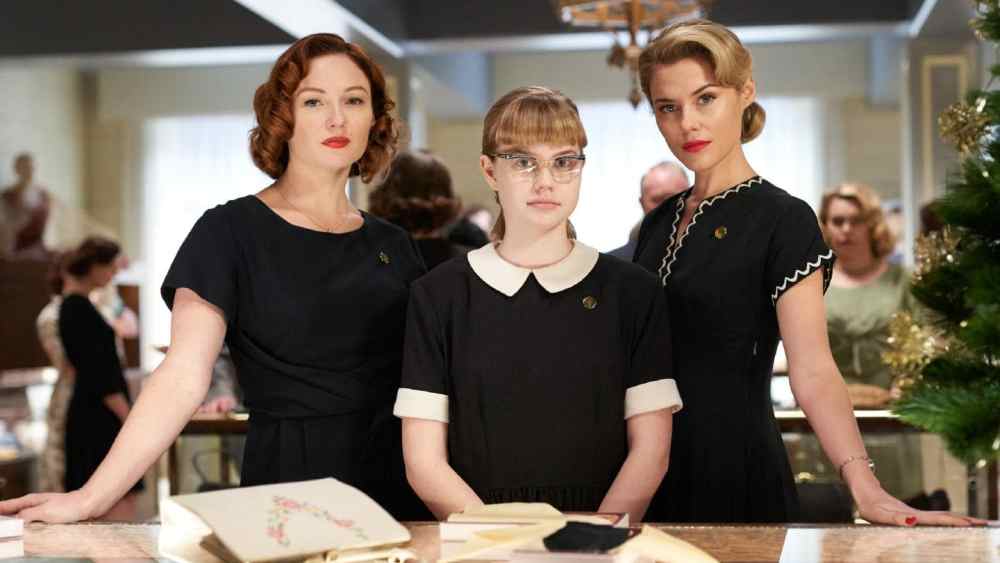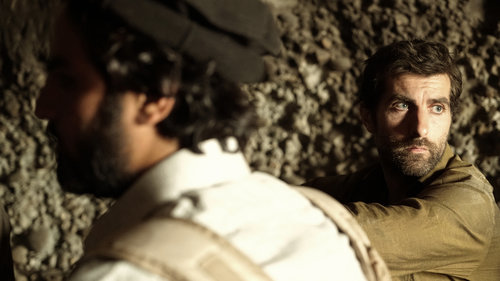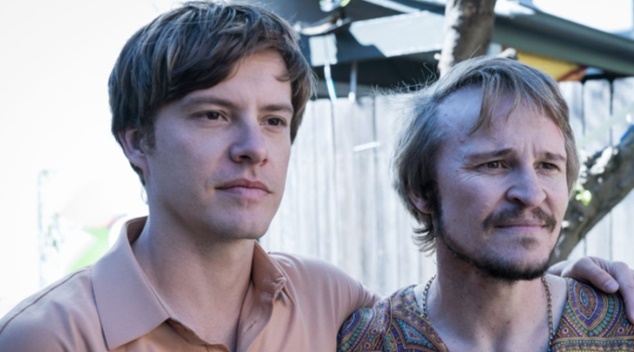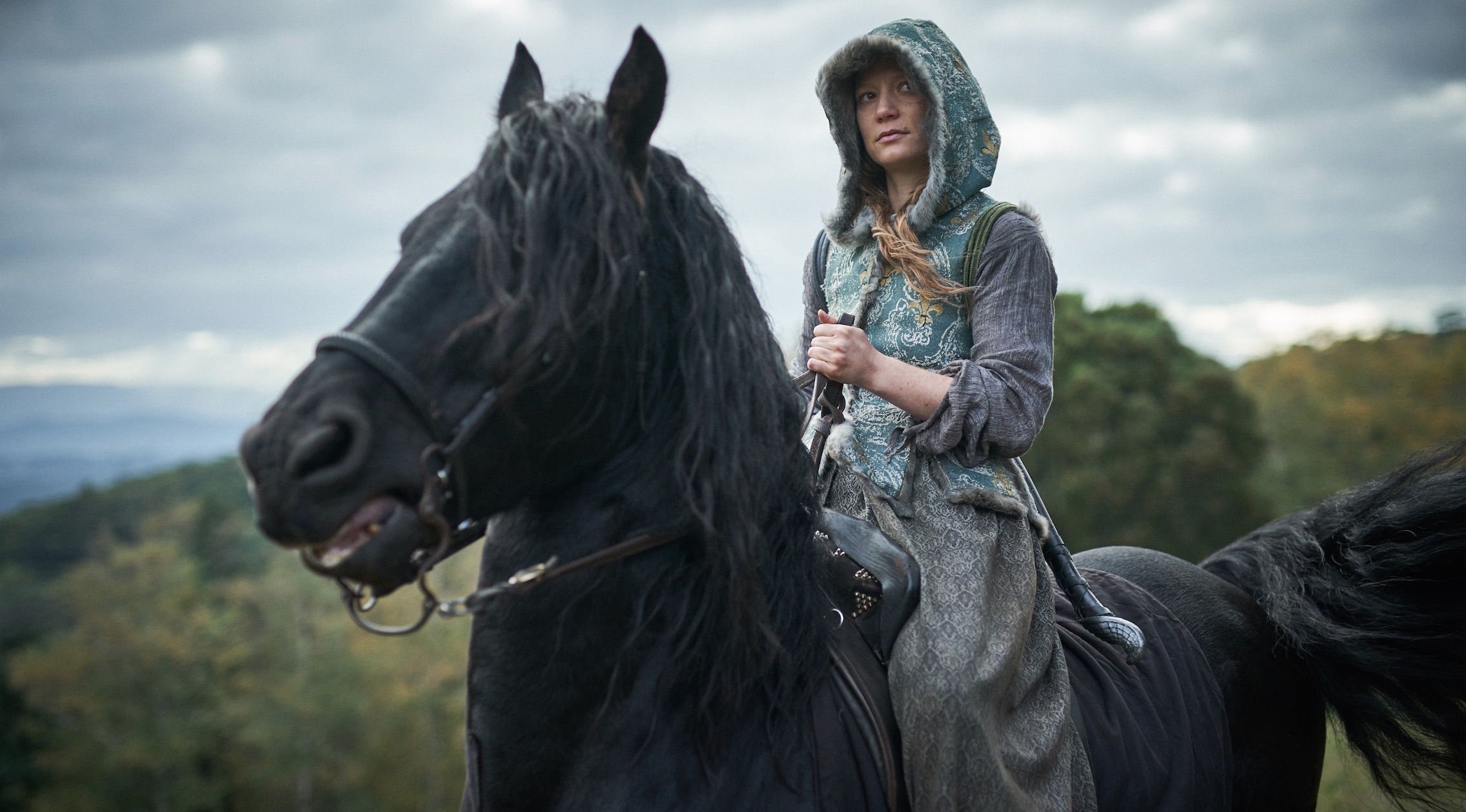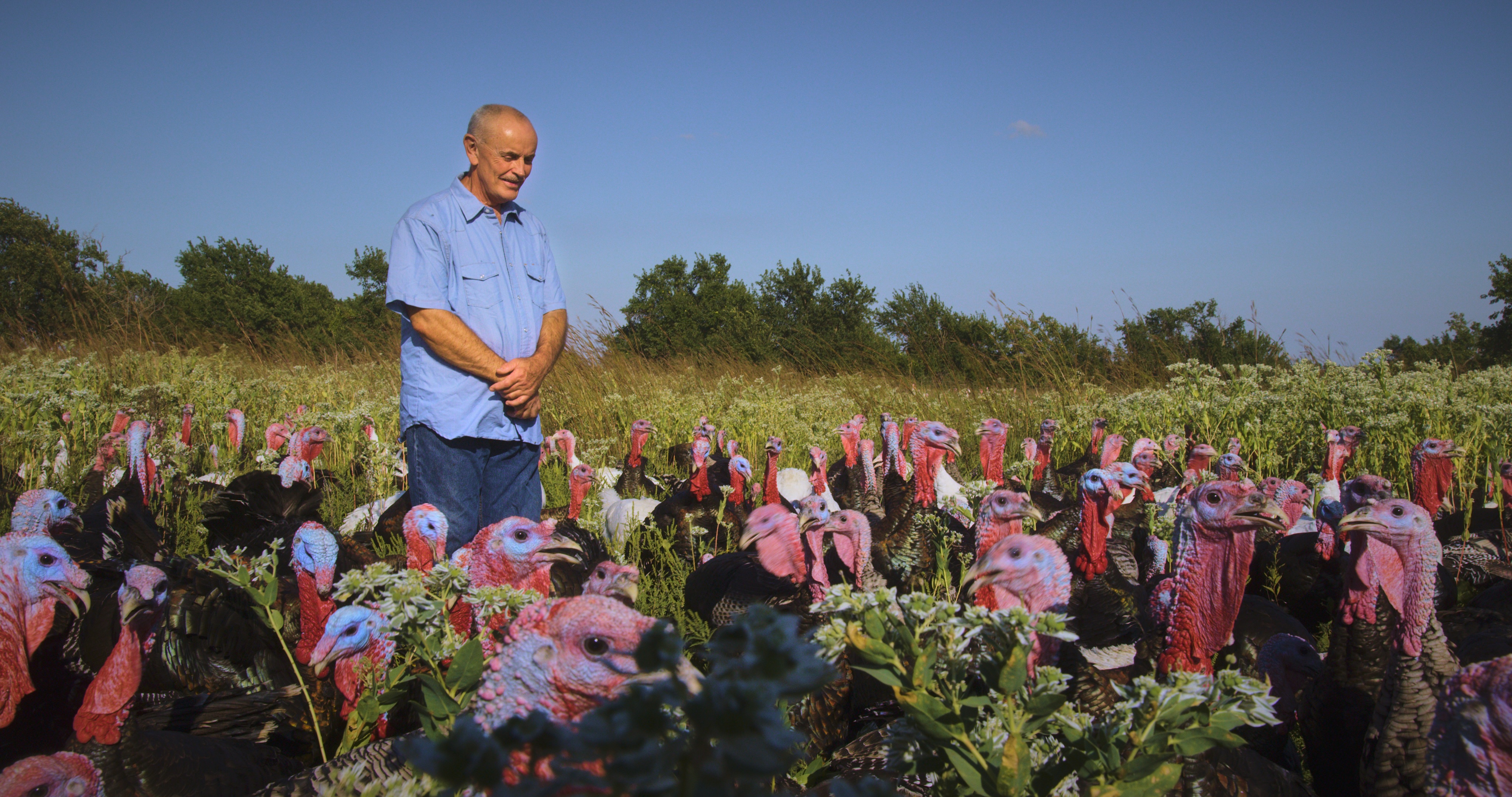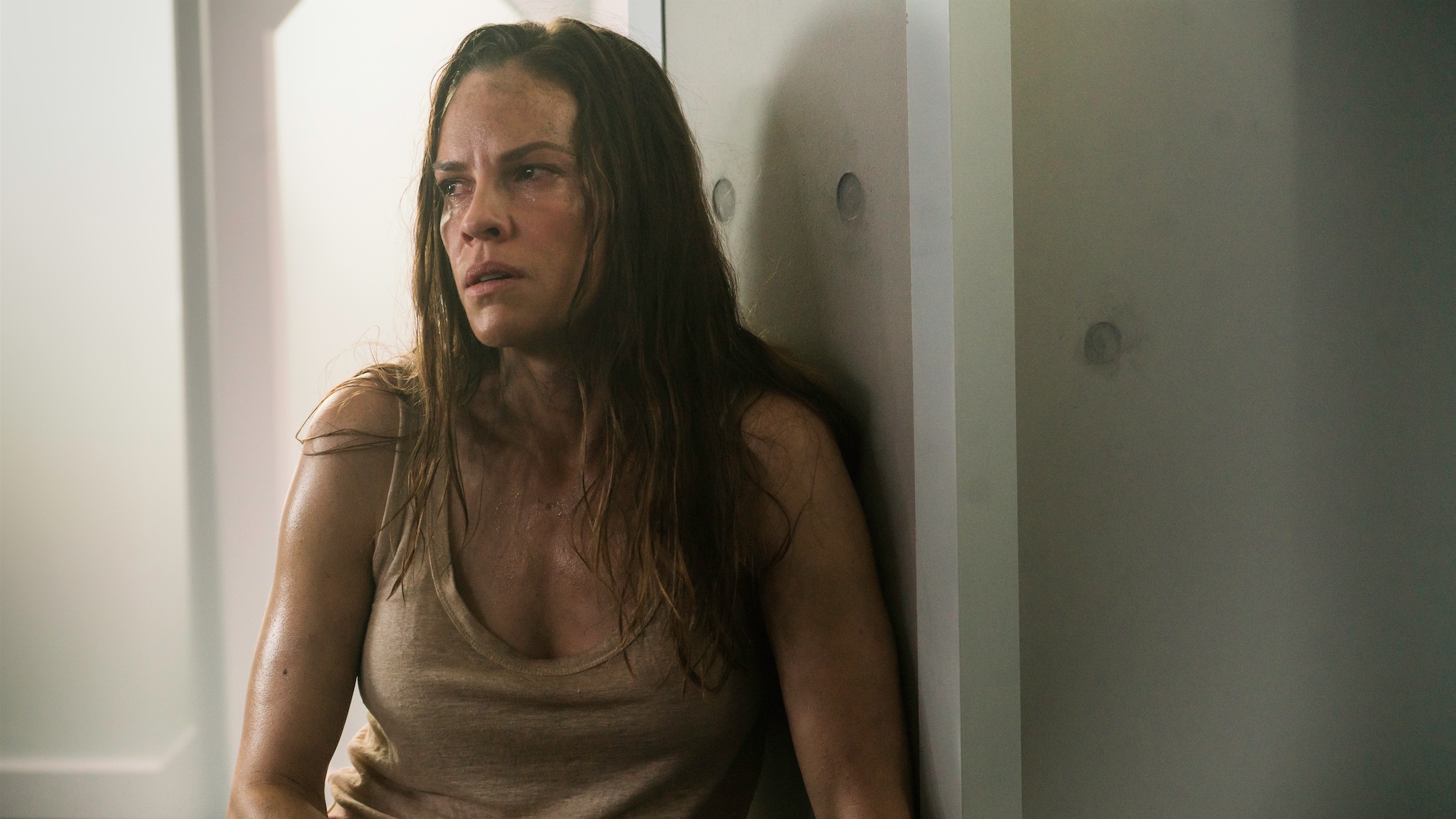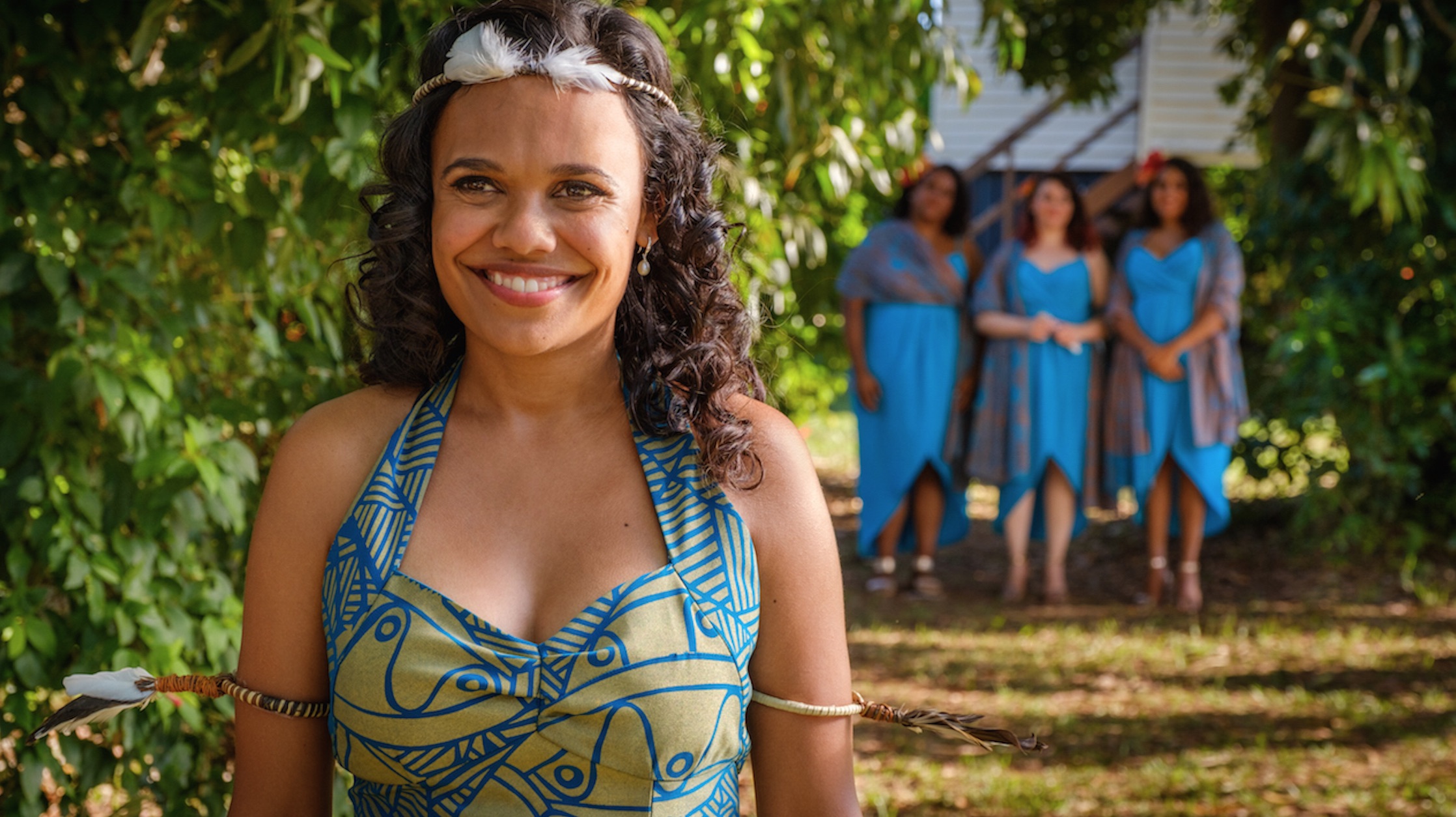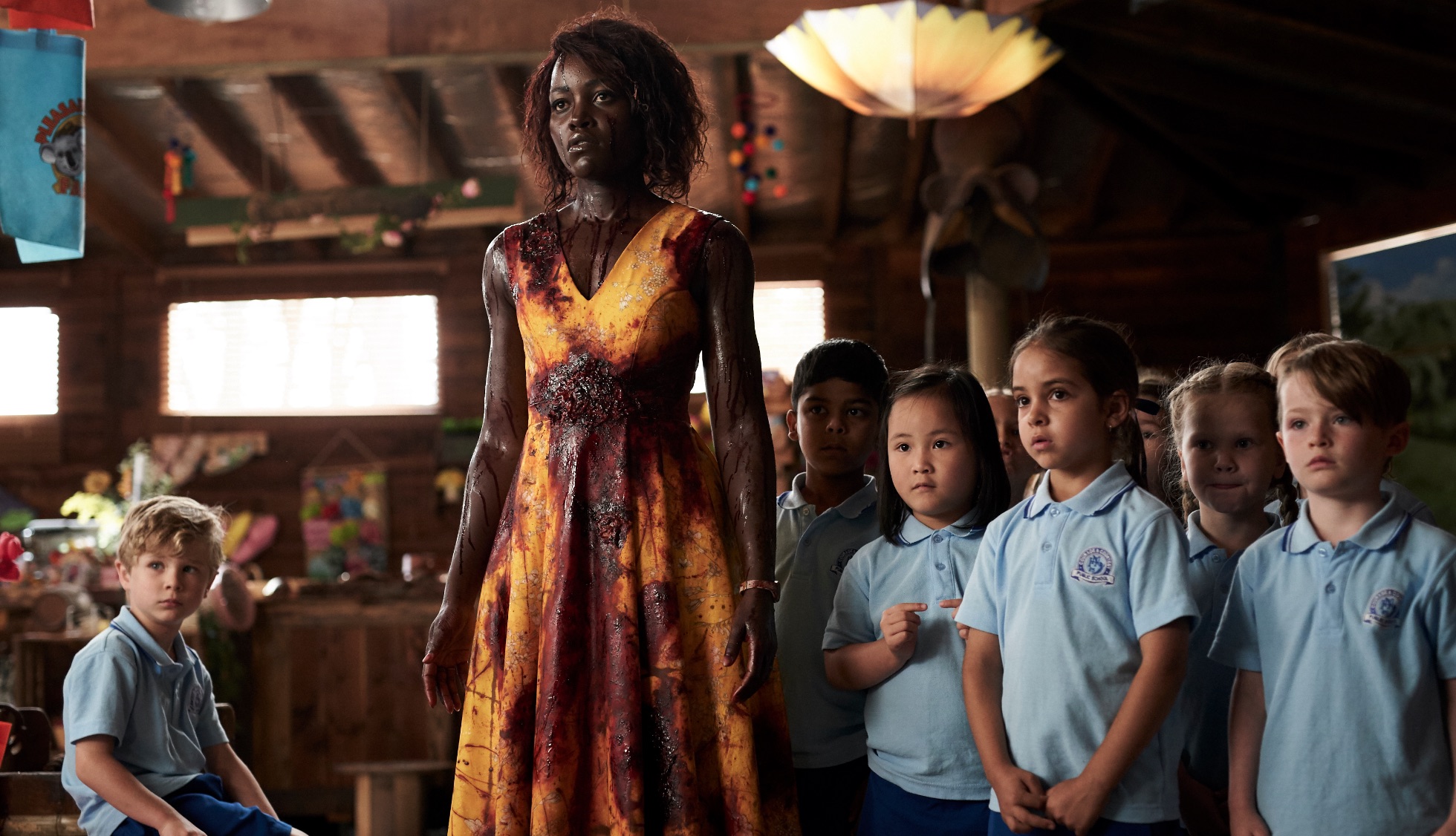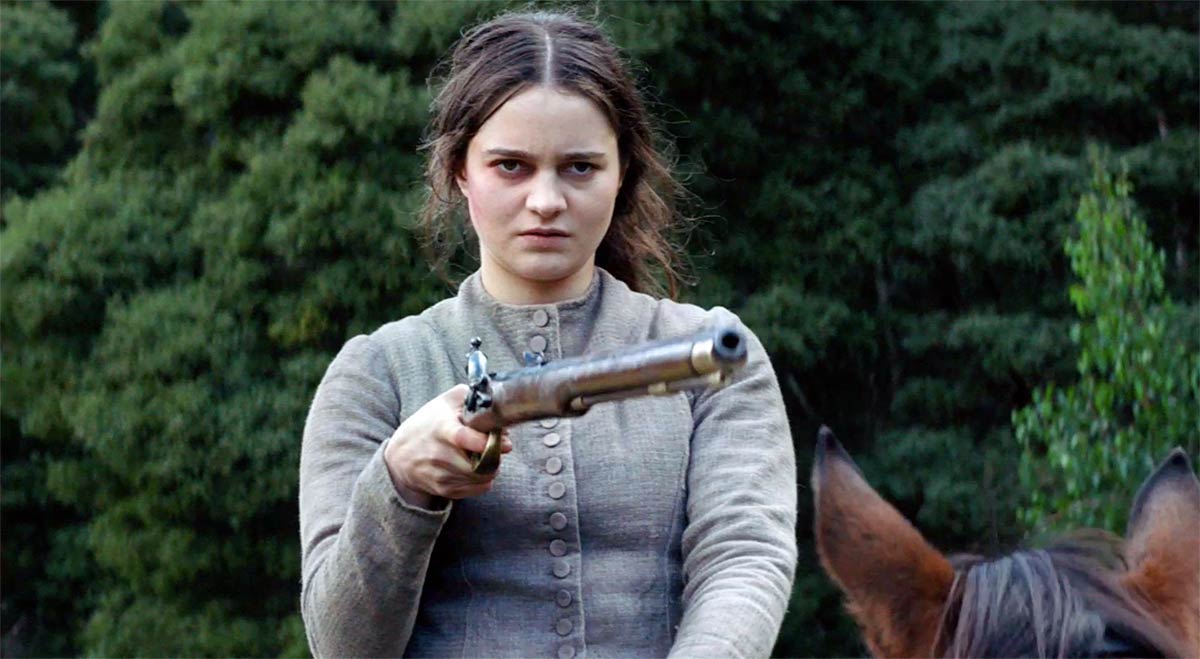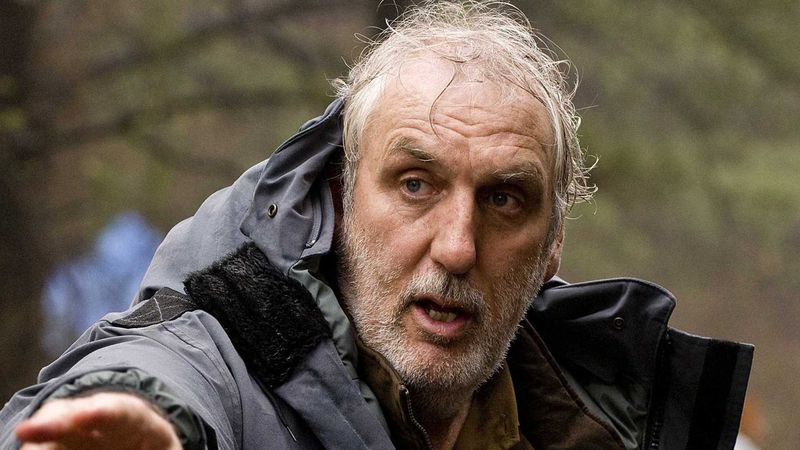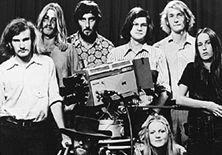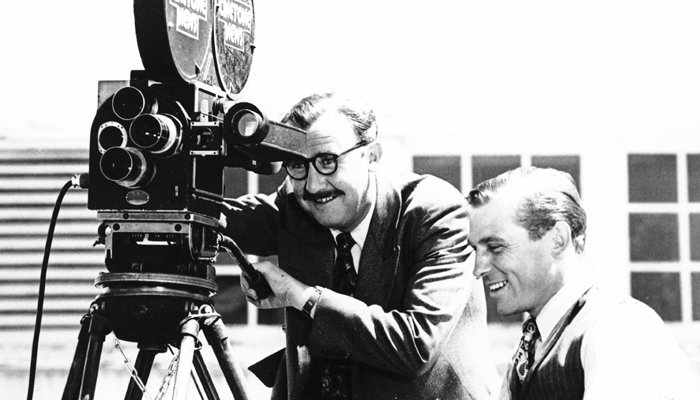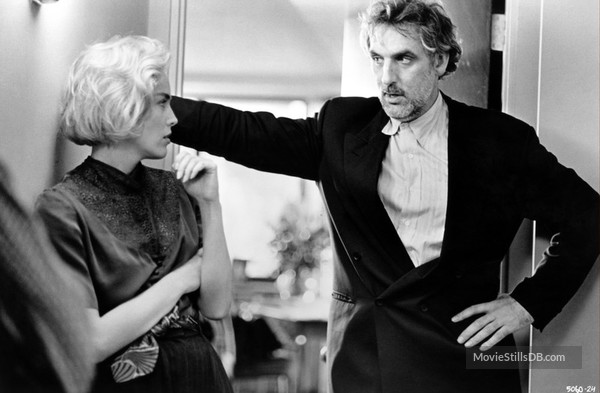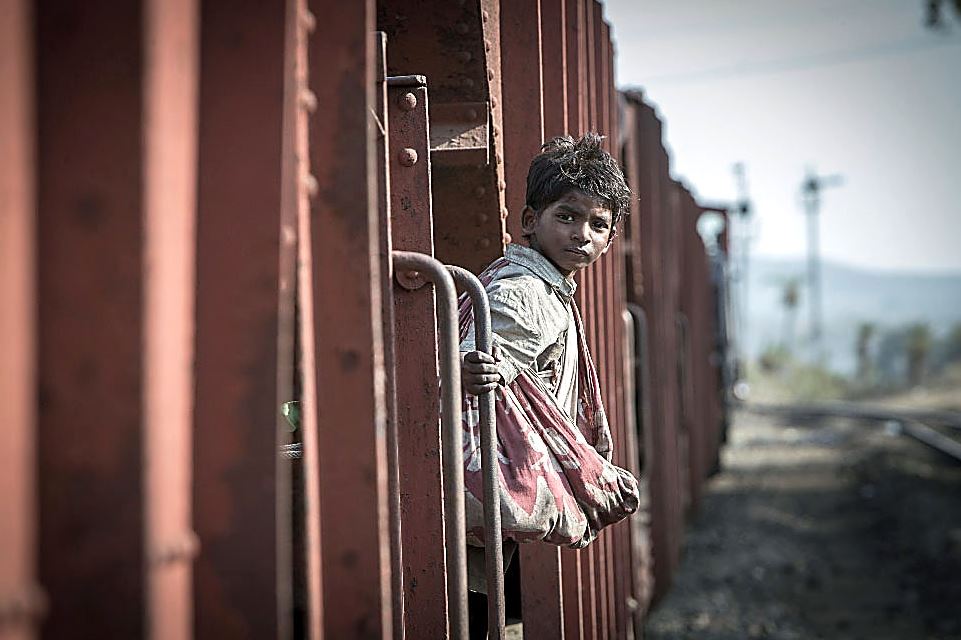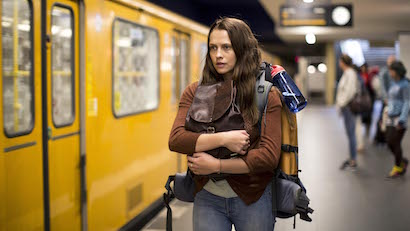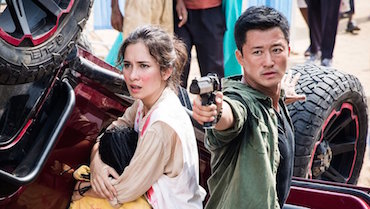TEEN SCREEN TALENT SHINES AT 2019 NEXTWAVE AWARDS NIGHT
 Saturday, January 19, 2019 at 6:24AM
Saturday, January 19, 2019 at 6:24AM Films tackling such weighty thematic elements as grief, alcoholism, kidnapping and disco have topped the winner’s list at the 2019 Nextwave Youth Film Awards. Hosted by local starlet Bonnie Ferguson (Book Week, 2018), the culmination of a year-long submissions process was held before a packed audience at the C.ex Coffs Auditorium in Coffs Harbour on Friday night. The student filmmaking strand of the Screenwave International Film Festival (SWIFF) welcomed a record number of submissions from over 50 school and community workshops held in 11 regions across rural New South Wales in 2018.

“It is fantastic to see so many people becoming engaged with it,” said Dave Horsley, SWIFF Festival Director and founder of the REC Ya Shorts Youth Film Festival, the popular student filmmaking competition that this year was rebranded and folded into Screenwave’s broader program. “Filmmaking is an activity that helps you make friends, cultivate relationships and all that good stuff which leads to positive mental health.” Nextwave is presented in conjunction with Headspace, a youth-focussed mental and emotional health care provider located in Coffs Harbour. (Pictured, below; Horsley and Screenwave Artistic Director Kate Howat attending a Nextwave/REC Ya Shorts workshop)
 To qualify for the official competition, student filmmakers adhered to guidelines that stated their films must be no longer than six minutes, explore the theme of ‘Escape’ and include a ‘Sign’. Best Film winners were awarded in three age-specific categories – 12-14 years, 15-19 years and 20-25 years. Separate technical and creative categories were open to all age groups and were judged by a panel of industry professionals, including Alice Foulcher and Greg Erdstein, the creative team behind the 2017 comedy hit That’s Not Me.
To qualify for the official competition, student filmmakers adhered to guidelines that stated their films must be no longer than six minutes, explore the theme of ‘Escape’ and include a ‘Sign’. Best Film winners were awarded in three age-specific categories – 12-14 years, 15-19 years and 20-25 years. Separate technical and creative categories were open to all age groups and were judged by a panel of industry professionals, including Alice Foulcher and Greg Erdstein, the creative team behind the 2017 comedy hit That’s Not Me.
The Best Film (12-14) went to Poe Black’s Kidnapped, a masterfully-paced black comedy about two young lads who don’t follow the ‘stranger danger’ creed yet emerge not only unscathed but also one-up on their would-be abductor. The Best Film (15-19) trophy was awarded to the remarkably accomplished 104 (pictured, top), a heartbreaking account of how living with an alcoholic parent impacts a young girl’s life; its director, Benjamin Bowles, also earned the Best Cinematography honour. The Best Film (20-25) award went to Willow Driver’s scifi-themed disco homage It’s Time to Dance, a loving ode to an era of music and fashion that ground to a halt three decades before the young filmmaker was born.
Though it was denied a Best Film award, Tallulah Rémond-Stephen’s We Are You, a stylish, dreamlike study of disenfranchisement, grief and confusion, was the night’s big winner, taking home three Nextwave honours. Lead actress and local girl Indigho Gray (pictured, below) took out the Best Actor award, earning herself a NIDA Acting Short Course, while Remond-Stephen earned both Best Director and Rising New Talent honours, an acknowledgement that comes with a one year Emerging Director Membership of the Australian Director’s Guild. The young Bellingen-based auteur is a REC Ya Shorts favourite, having earned top honours last year with her film Perdu, and in 2016 for The Inventor.
 Director Benjamin McPhillips was also identified as an Emerging Talent honouree for his direction of the twin-sister drama, Prison Escape. Runners-up in the Acting category were Crystal Reichert, as the student caught living an exam day nightmare, in Jessica Burton’s Trials; and, Noah Mackie for his lovelorn graveyard worker in Skull, Jacob Shrimpton’s dark fantasy spin on the Cyrano de Bergerac tale. Shrimpton (pictured, below) had a good night, with his crowd-pleasing ‘watch-out-what-you-wish-for’ comedy Clone earning him Best Editor. Best Script went to David Smith for his confronting and personal examination of the euthanasia debate, Escape.
Director Benjamin McPhillips was also identified as an Emerging Talent honouree for his direction of the twin-sister drama, Prison Escape. Runners-up in the Acting category were Crystal Reichert, as the student caught living an exam day nightmare, in Jessica Burton’s Trials; and, Noah Mackie for his lovelorn graveyard worker in Skull, Jacob Shrimpton’s dark fantasy spin on the Cyrano de Bergerac tale. Shrimpton (pictured, below) had a good night, with his crowd-pleasing ‘watch-out-what-you-wish-for’ comedy Clone earning him Best Editor. Best Script went to David Smith for his confronting and personal examination of the euthanasia debate, Escape.
A special Judges Commendation Award was bestowed upon Maeve Forest for her hilarious account of being trapped inside a bathroom during a wedding, entitled Water-loo: An Epic Battle for Freedom. Members of the judging panel recognised a unique voice and talent in nominating the director, whose film was in the youngest 12-14 category.
 Also recognized on the night for their contribution to the Nextwave initiative were five regional high schools responsible for the most number of submissions in 2018/19 - Woolgoolga High School, Chatham High School, Oxley High School, Macksville High School, Nambucca Heads High School. Each of these schools had more than 5 students submit films, and helped them develop their talent and ambition through feedback, resources and time.
Also recognized on the night for their contribution to the Nextwave initiative were five regional high schools responsible for the most number of submissions in 2018/19 - Woolgoolga High School, Chatham High School, Oxley High School, Macksville High School, Nambucca Heads High School. Each of these schools had more than 5 students submit films, and helped them develop their talent and ambition through feedback, resources and time.
Nextwave was co-presented by SWIFF and Headspace Coffs Harbour and supported by Southern Cross University, Screen NSW, Arts Mid North Coast, C.ex Group, local Councils and the Regional Arts Fund. The winning films will be presented to regional communities in April as part of the 2019 National Youth Week celebrations.
 Australian Film,
Australian Film,  Film Festival,
Film Festival,  Independent,
Independent,  Short Film
Short Film 